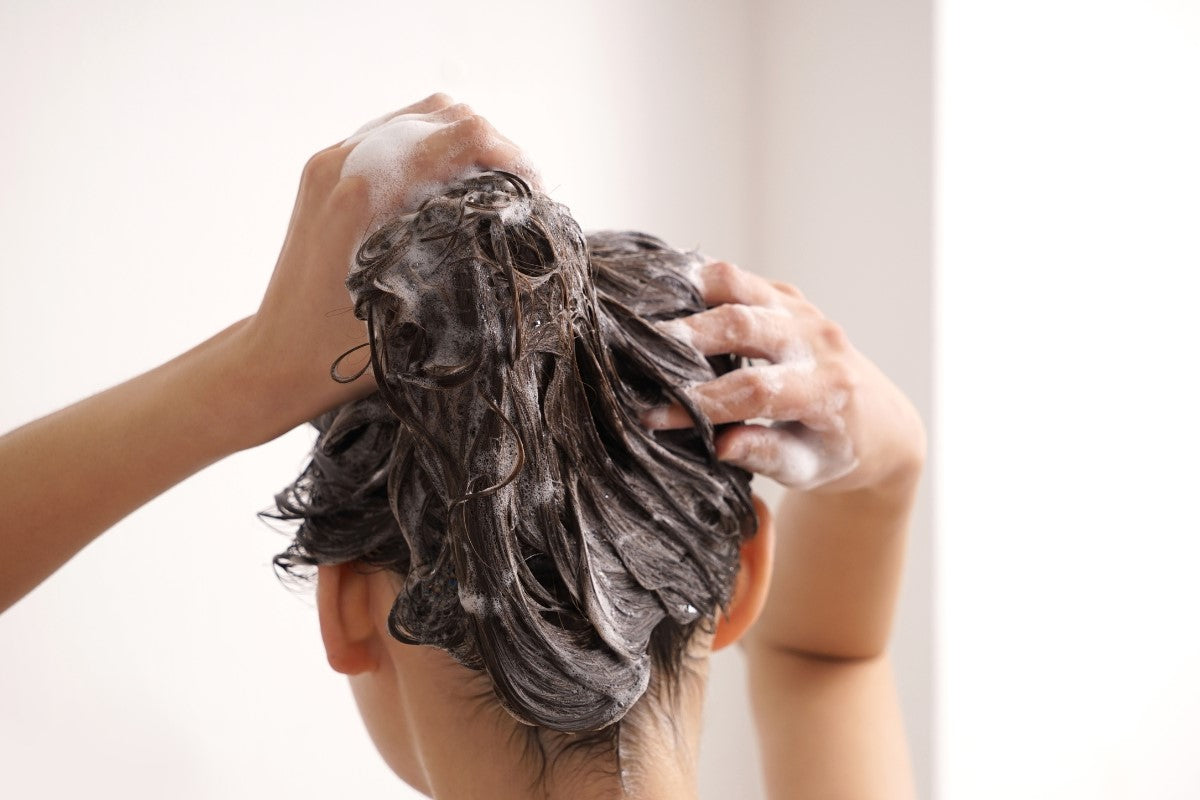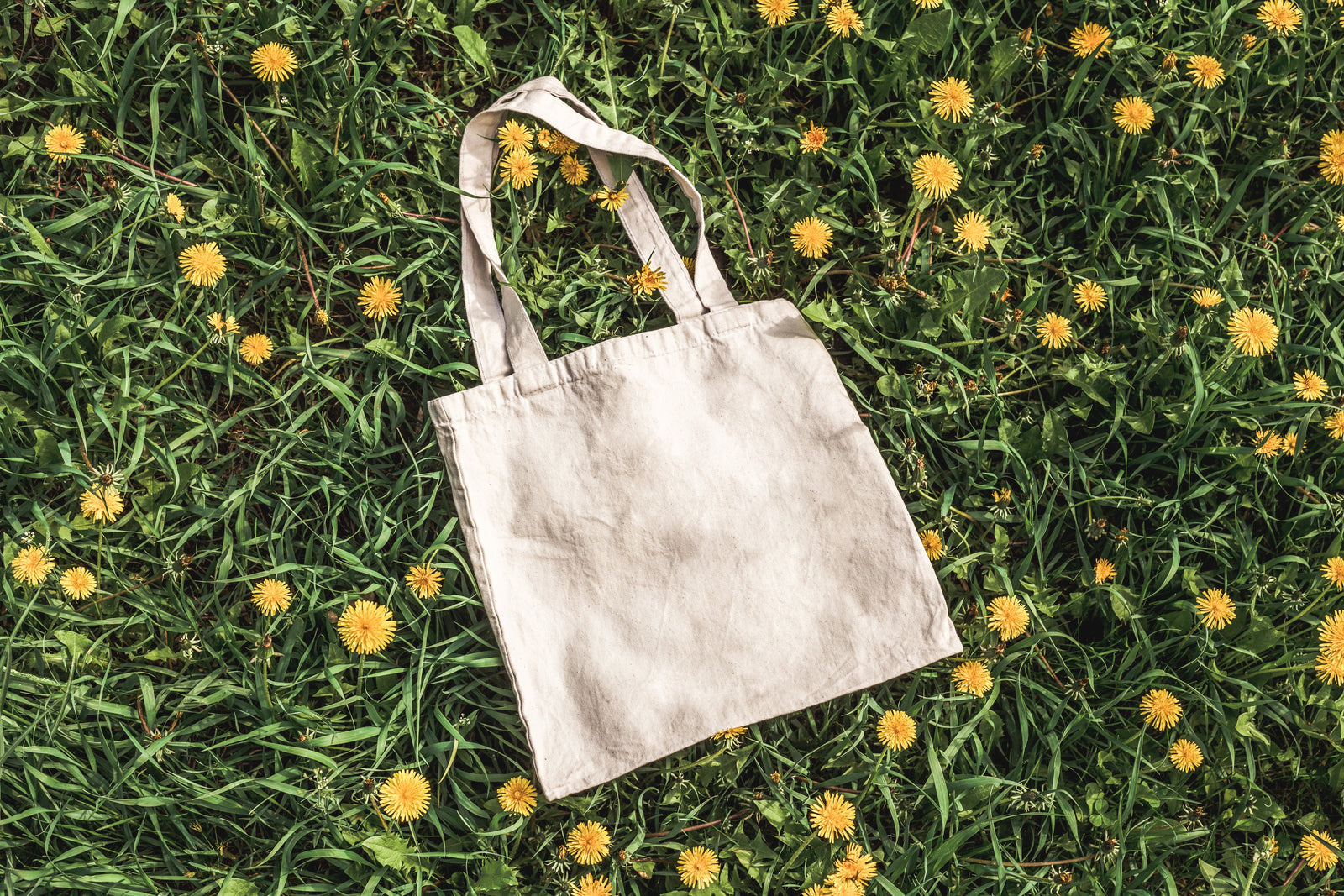Today we introduce you to someone who has played a paramount role in the Oneka ecosystem since the beginning: Louise Godin.
Louise is an authority figure in Quebec when it comes to wild and indigenous plants, and specifically edible wild plants.
A keen, forward-thinking woman with a sparkling eye, she has been transmitting her knowledge and her love for the treasures that popular culture has often deemed as weeds.
Her legendary enthusiasm and curiosity are contagious!
Louise will tell you that she has had several lives. In the early 2000s, she operated a small company that specialized in harvesting, transforming, and selling products made from indigenous plants: Bonheurs Sauvages.
She used to offer workshops and teach how to identify these foraging delights and how to harvest them with full respect for their ecosystems.
She also released an informative sheets series that served as markers on the Keith Sonberger interpretive trail in Bedford, Easter Townships, QC.
Louise is also a friend of the Choinière family, so naturally, her path has joined Oneka’s co-founders Philippe and Stacey’s.
Nowadays, she assists Oneka towards their goal to continuously develop their autonomy around raw material supply by helping select local plants that have the capacity to adapt, renew and last.
Louise is also the creator of Oneka’s signature aroma Cedar & Sage.
When did your collaboration with Oneka start?
I was first involved with Oneka through the flowerbed layout project around the Oneka house in the heart of the Frelighsburg village, in 2016 I believe. This project, spread across 3 years, served as a sort of test to inform decisions around cultivating plants that would have transformation value on a larger scale at the Oneka farm in the future, plants that ultimately would be used to formulate personal care products.
Where does your passion for indigenous plants come from?
It comes from my mom, who has native roots.
At the back of our garden in Cap de la Madeleine, there was a little forest in which I spent a good part of my childhood. We would go out there foraging my mom and I. She would allow me to go there by myself as well. I observed, smelled, tasted the generosity of nature there.
When asked if she was not at least a bit worried knowing I was in the woods alone, she would answer: “No, nature is caring.”
I grew up with joy, connected to the living and plants world. This bond never left me.
Then in my twenties, I was more largely introduced to wild and indigenous plants. Alongside my mentors, I observed them, studied them, learnt them both in Montreal and in the countryside.You see, when you love something, you learn about it, and it starts by learning their names.
But what fascinates me the most since I’ve been a kid, are edible plants. When I discover a plant, my first question is: can I eat it?
Also, I like to quote Hippocrates: “Let food be thy medicine...”
What is your favorite plant? The most interesting one in your eyes?
Without hesitation: Nettle.
It is a medicinal plant with countless properties that is also easy to use in the kitchen. It is often considered as a weed and hated by farmers, but it is incredibly useful and complete.
I believe it is Victor Hugo who said that, should there be only one plant left on Earth, it should be nettle for we can get nourishment from its leaves, seeds, and oil, and make garments from its stem’s fiber.
What would you recommend for people who are interested in developing knowledge about wild & Indigenous plants?
I would invite them to take part in identification hikes. Discovering plants in their natural habitat is the best starting point.
I also highly recommend The Guides d’identification from the Fleurbec collective.
And lastly, I would say to take your time. Choose one plant every year. Study it from A to Z and cook it!
So much information circulates about plants nowadays. The internet can be a useful tool in that regard. However, it can also turn out to be overwhelming and one can easily get discouraged or accumulate superficial knowledge.
That’s why I wish for anybody who is interested in wild and indigenous plants to take the time to get to know them on a deeper level. After all, it’s about creating a relationship with another living being!
There is so much to say about the extend of Louise’s contribution to what Oneka is today. Philippe helps us to summarize it up: “Louise really understands and shares Oneka’s essence ».
Working alongside Louise and receive her knowledge is an immense privilege. We wish to express to her our deepest gratitude.
We hope to collectively inspire acknowledgement and appreciation for the knowledge our elders.
We are humbled, but also determined to take it upon ourselves to keep these teachings alive throughout generations.




